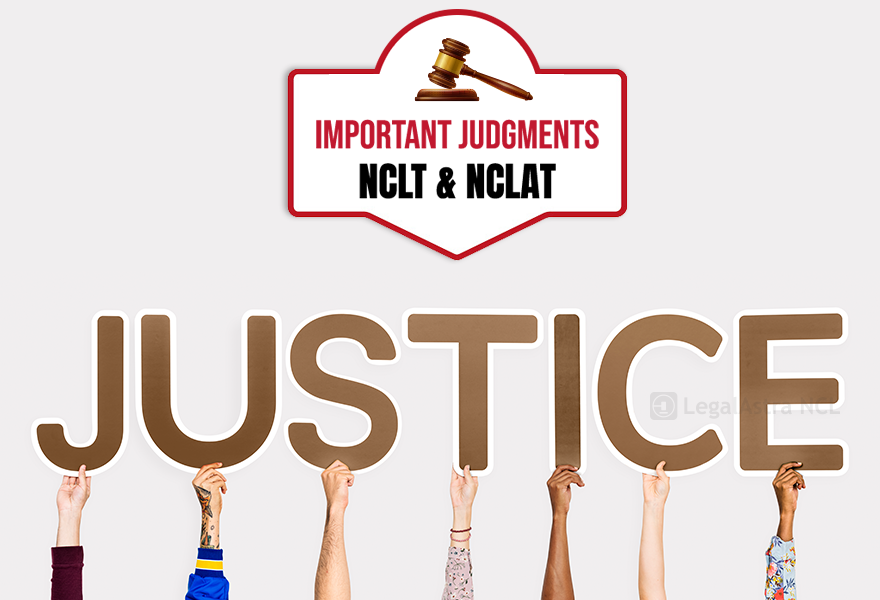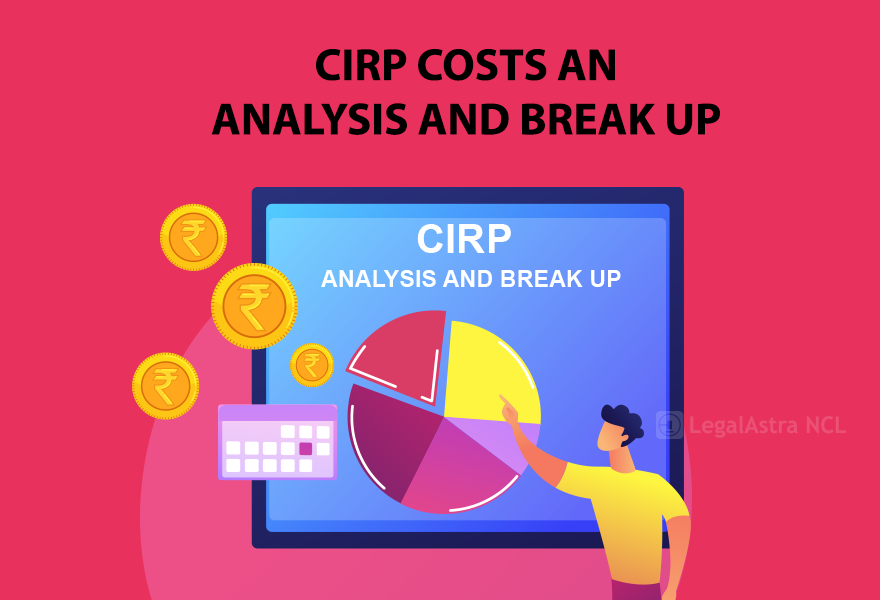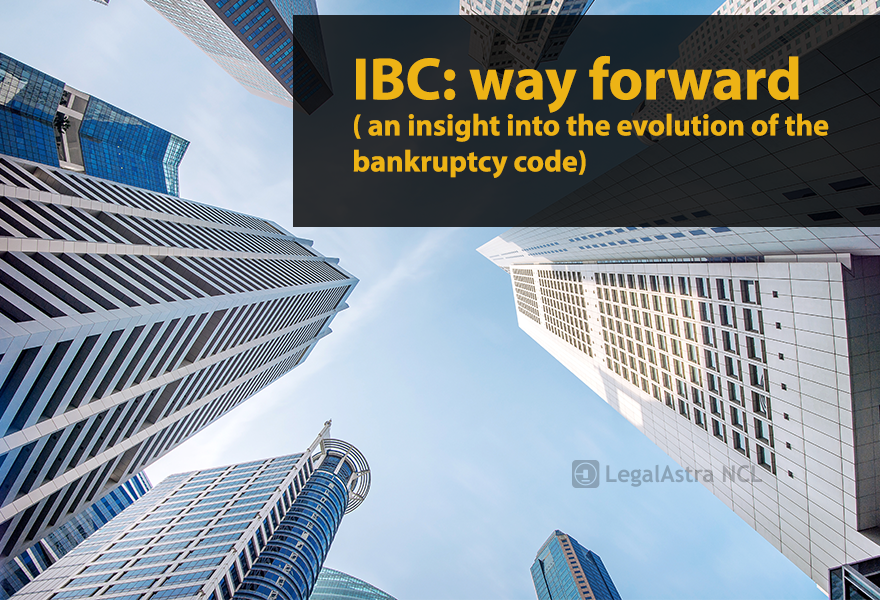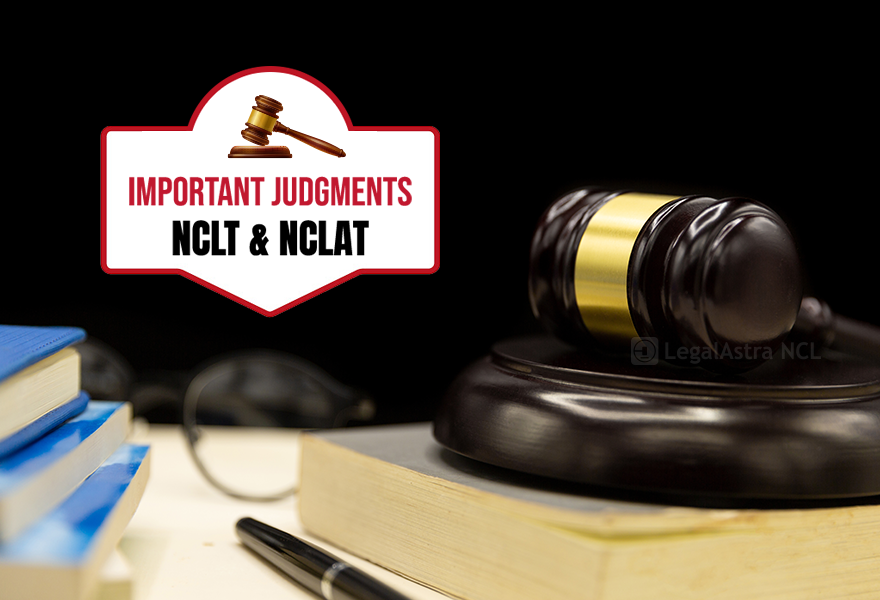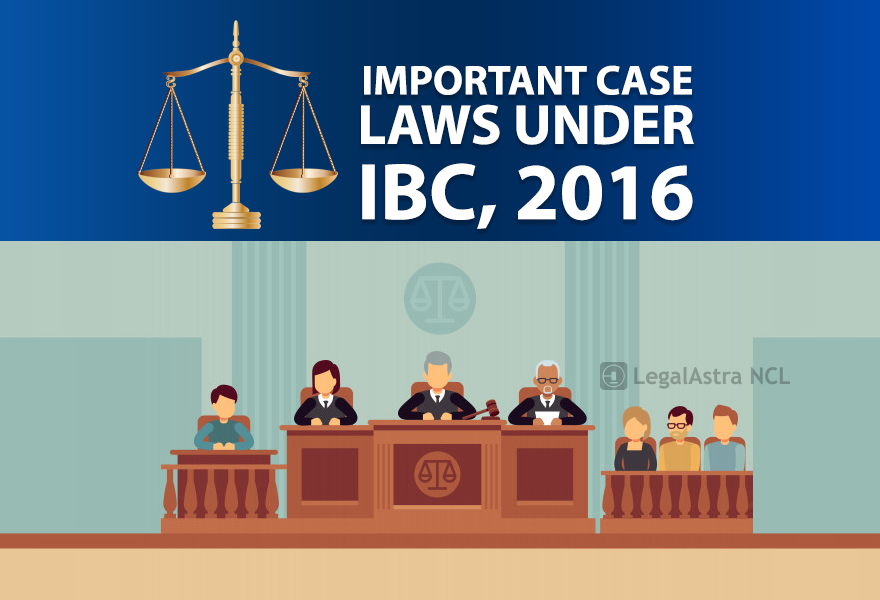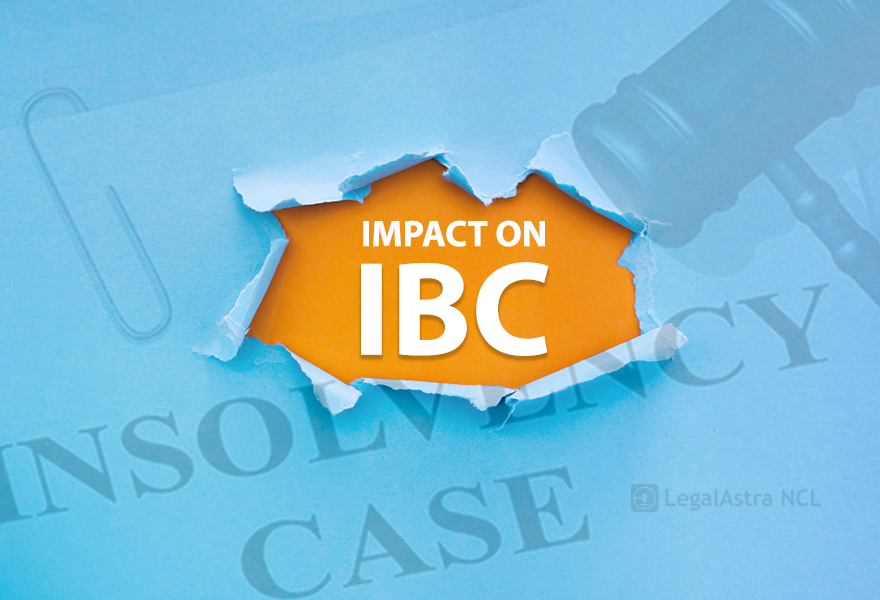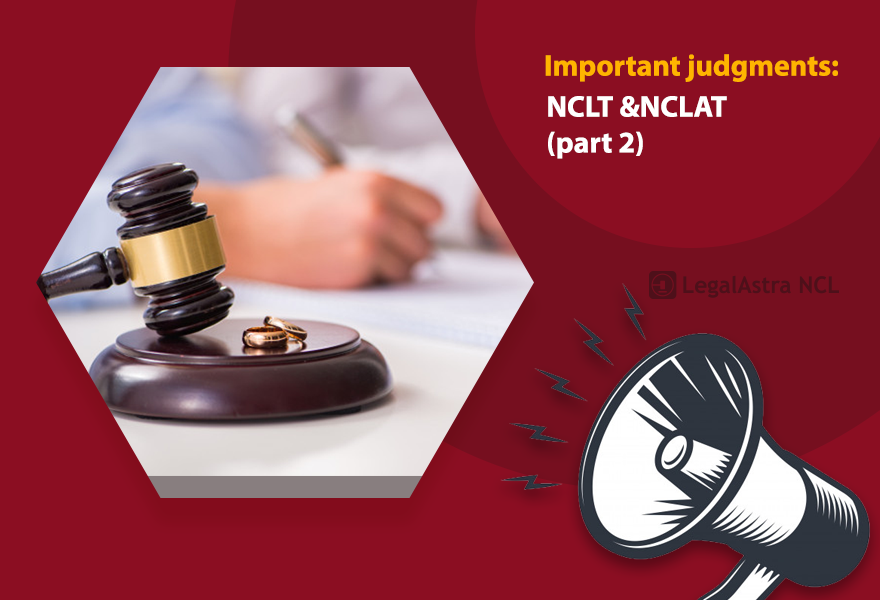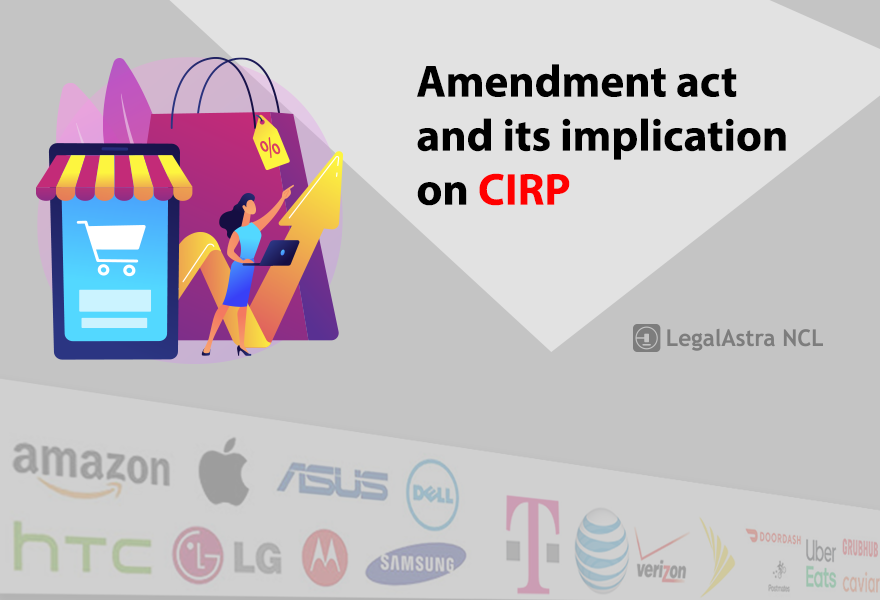After many conflicting decisions, the Supreme Court in Mobilox v Kirusa finally settled the issue regarding the interpretation of the term ‘dispute in existence’ under the Code. This provided much-needed relief and clarity to corporate debtors who may have a genuine dispute regarding the debt under consideration, but may not have yet initiated legal proceedings. The Court acknowledged the fact



